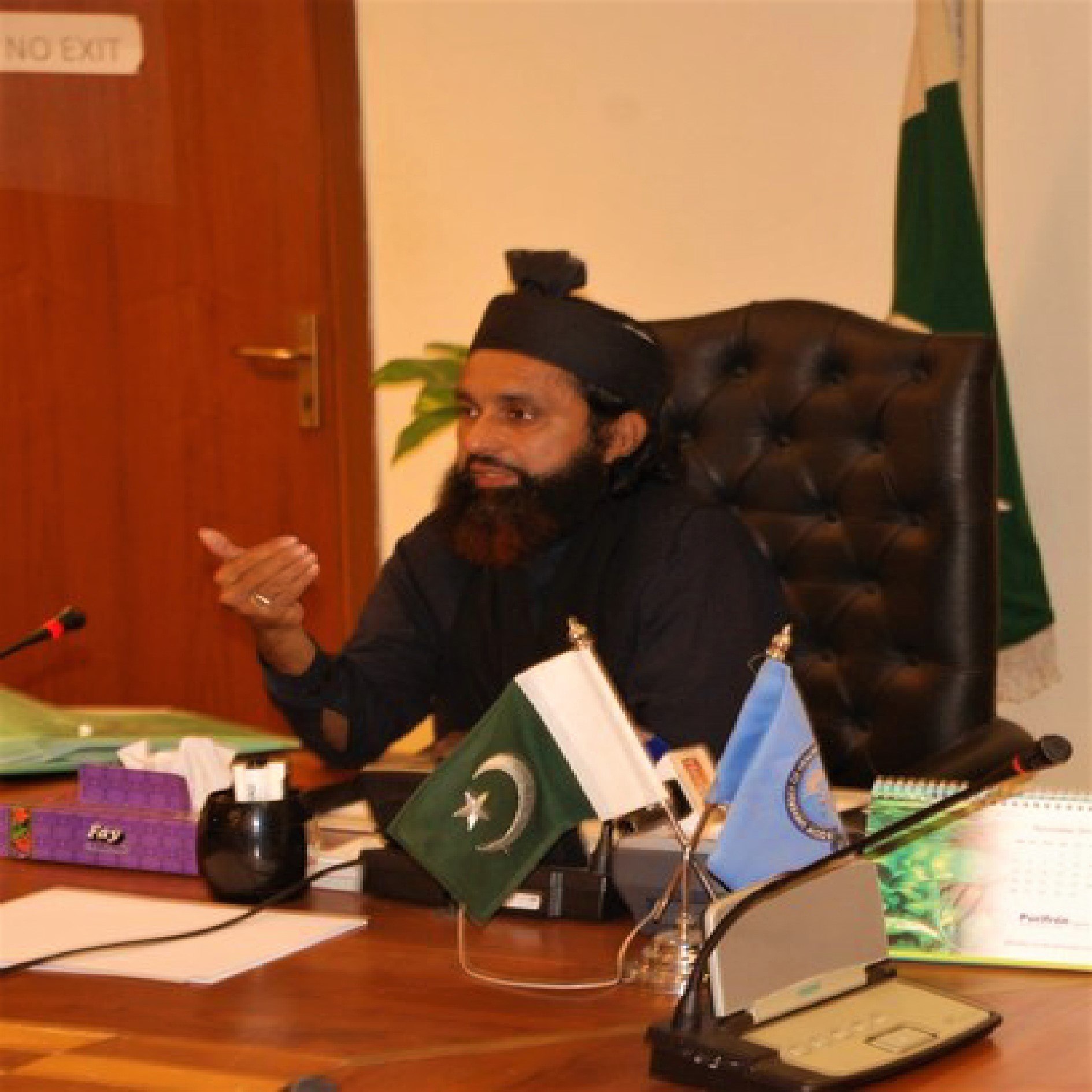HAMILTON - Nov 20, 2024 - The International Week of Science and Peace (S&P) was observed from November 9 to 15, with the aim of promoting the role of science in fostering peace and encouraging the use of scientific knowledge and technology to benefit the humanity and it's peaceful living on the planet.
However, it is regrettable that since the United Nations declared this week in 1986, scientists, researchers, and policymakers have largely failed to collaborate effectively in leveraging science as a tool for promoting peace and enhancing human well-being.
Asia & Oceania Post-Doctoral Academia (AOPDA) announced the presentation of the 'First Manifesto for Science and Peace'. This initiative is part of the joint postdoctoral appreciations of the National Postdoctoral Academia (NPA) and the AOPDA. The release highlighted that this manifesto is the first of its kind in the four-decade history of S&P observance, clearly outlining the factors, co-factors, actors, and co-actors involved in the ‘progressive dehumanisation of the humanity’ (PDH).
Spearheaded by Pakistani polymath, arch-researcher and principal investigator for the AOPDA-NPA conjoint postdoctoral researches, Prof. Dr. Aurangzeb Hafi, the manifesto integrates all three realms and epistemic frames of humanised science. The week was marked by the documentation and presentation of this manifesto to the global scientific and socio-cultural communities for further deliberations.
According to the release, Prof. Hafi while identifying the widening gap between science and peace introduced the term "Progressive Linear Decline" (PLD) for the first time, urging scientists and peace advocates worldwide to address the said engulfing gap. He emphasised the need for practical measures to make the observance of this week truly meaningful, noting that while science continues to advance unilaterally and blindly, the pursuit of peace has been left in a dire state.
The release notes that when the UN established the International Week of Science and Peace in 1986, it was seen as a promising initiative. The week was intended to highlight the vital role of scientific research and collaboration in addressing global challenges, including conflict resolution, poverty reduction, environmental protection, and sustainable development.
However, it is deeply concerning that this initiative has failed to evolve into a practical, impactful reality over the decades. Prof. Hafi attributes this failure to the absence of a clear propositional framework, a guiding manifesto, and a concrete roadmap for realising its goals. "Even a basic definitional framework for the initiative was never developed", he laments.
"Over the past 40 years, the gap between the concepts of ‘science’ and ‘peace’ has only widened, with no meaningful intersection created between the two". Prof. Hafi explains that science is an integrated process within the world of knowledge, yet the individuals involved in scientific inquiry and its dissemination have become increasingly disconnected from one another. This fragmentation has led to 'compartmentalisation' of various scientific disciplines. According to Prof. Hafi, what is often labelled as "specialisation" is, in fact, a path towards compartmentalisation.
Regarding the concept of peace, the researcher argues that it cannot be compartmentalised. Peace is a holistic, composite phenomenon. "In the human body," he explains, "how can one part be in pain while another is at peace?"
Prof. Hafi expresses regret that physicists and chemists, among other scientists, have not recognised themselves as stakeholders in broader societal issues, including peace. "Even in prestigious academic institutions like Oxford, Cambridge, and Harvard, there is a huge lack of integration between science and peace". Scientific communities, he argues, have rarely considered the potential consequences of their discoveries on global peace. Scientists do not often reflect on whether their innovations might contribute to conflict or undermine peace.
"For instance, the ongoing depletion of the ozone layer remains a global concern, yet chemical manufacturing industries continue their operations with little regard for the environmental damage they cause". Prof. Hafi also highlights the issue of teratogens—substances that cause birth defects—and notes that despite the growing awareness, concrete action remains scarce. In December 2022, ceremonies were held in the US, UK, Sri Lanka and Pakistan to declare a war on teratogens, including an event organised at Punjab University by the AOPDA, NPA, UN-KAKHTAH, and the country's postdoctoral community. A study presented by Prof. Hafi at the ceremony revealed that hydro-toxicity—the gradual poisoning of underground water reservoirs—is contributing to widespread outbreaks of diarrhoea, cholera, and acute watery diarrhoea (AWD) in urban centres across Pakistan.
Despite these pressing issues, science has largely failed to foster peace or resolve such challenges. When scientific minds have focused on peace, they have often invented weapons of destruction—dynamites and bombs. Prof. Hafi observes with concern that the moral decline has even led to the "scientific inventions" of things like 'toy bombs', which are specifically designed for children.
The presenter of the Science and Peace Week manifesto argues that the initiative will never achieve its desired outcomes unless a comprehensive approach is adopted by all stakeholders. This approach must include a real-time manifesto and a clearly defined policy for integrating science and peace in meaningful, practical ways.
Media Contact
Company Name: SAARC-UNESCO Academic Alliance
Contact Person: Faisar N.M.
Email:Send Email
Phone: 0094779047999
Address:SLVHA Secretariat, Church Road
City: Colombo
Country: Sri Lanka
Website: http://www.sairi.org

